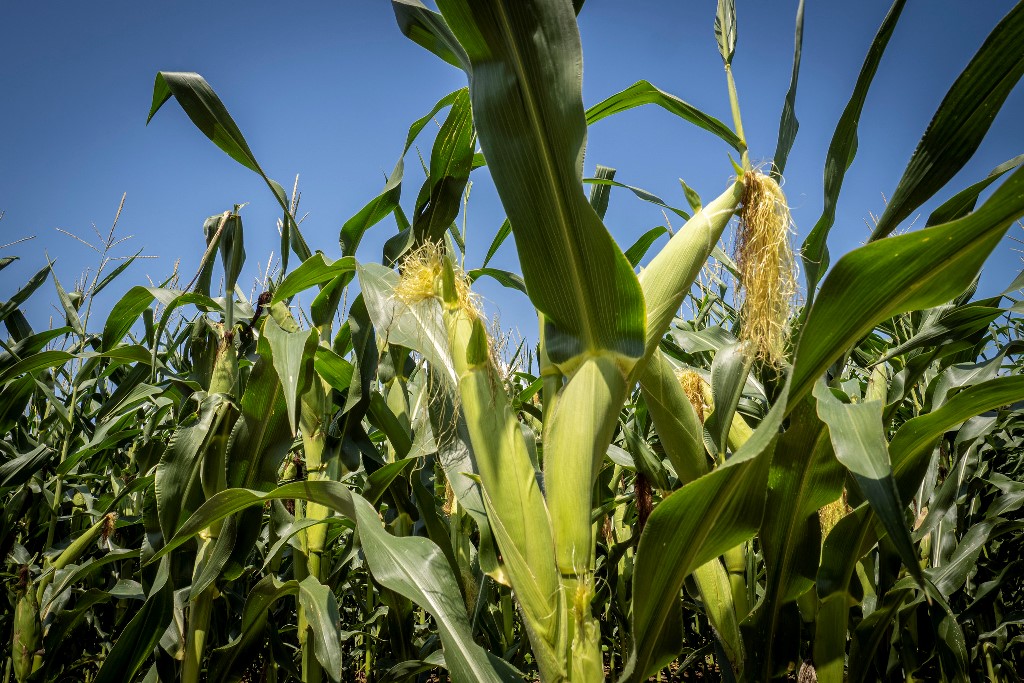A broad coalition of 65 national and state agriculture and bioscience organizations, including the Biotechnology Innovation Organization (BIO), expressed their gratitude in a letter to President Biden’s administration for launching technical consultations with Mexico concerning its action to ban imports of biotech corn.
“We support your administration’s request for consultations with Mexico regarding its treatment of agricultural biotechnology and denying the use of certain crop protection tools,” the coalition wrote. “We look forward to these consultations beginning promptly.”
On Monday, the United States Trade Representative (USTR) formally requested technical consultations on Mexico’s biotech corn ban under the U.S.-Mexico-Canada Agreement (USMCA).
One day after the U.S. requested consultations under the U.S.-Mexico-Canada Agreement, Canada followed with its concerns, also requesting technical consultations on Mexico’s plan to ban genetically modified crops.
BIO was most vocal in demanding a solution to this issue of huge importance ever since Mexico’s president issued a decree in December 2020 announcing the phasing out biotech corn for human consumption by 2024 and refraining from future biotech approvals.
Repeatedly calling any plan to ban biotech corn a violation of the U.S.-Mexico-Canada Agreement (USMCA), BIO President and CEO at the time, Dr. Michelle McMurry-Heath, said that “Mexico’s barriers to biotechnology innovation will only exacerbate food price inflation for its most vulnerable citizens.”
In her testimony before the Senate Finance Committee in 2021, she demanded enforcement action from USTR on Mexico’s treatment of agriculture biotech, warning that “if Mexico does not approve a new corn biotechnology product, U.S. corn farmers are reluctant to plant the product” which means, in effect, that “Mexico determines which technology U.S. farmers can use.”
Mexico corn ban would cost U.S. billions
As Bio.News reported last year when the ban was announced, this measure would not only threaten Mexico’s food security but will also significantly impact the economies of both countries. Mexico imports more than 17 million tons of U.S. corn annually.
According to predictions in the World Perspectives report, “over the 10-year forecast period, the Mexican ban would cost the U.S. economy close $73.89 billion in economic output.” Additionally, “the U.S. would lose 32,217 jobs annually with labor income falling $18.38 billion,” the report said, pointing out that there will be negative impacts on corn farming, corn wet milling, ethanol, and transportation.
As Nancy Travis, BIO’s VP for International Affairs, reminded, Mexico and the U.S. must uphold “the science-based trading system and obligations to which both our countries committed.”
She stressed that the ban would “have a devastating impact on the agricultural innovation needed to achieve our climate goals and ensure we can meet the world’s growing demand for food.”




